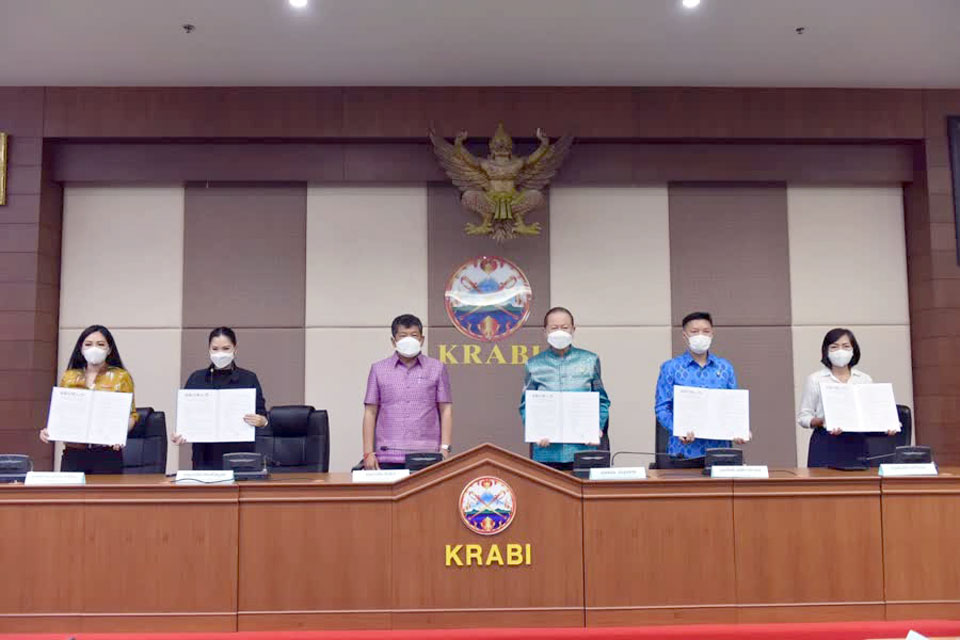
The Bio-Circular-Green Economy (BCG) model is now being employed as a mechanism for driving Thailand’s economy toward exponential growth. The BCG model is also expected to distribute income and opportunities more equally and enable communities to prosper with less disparity. The model will be piloted in Krabi province in accordance with an MOU on the circular economy and the environment.
MOU signatories include the Tourism Authority of Thailand, the Krabi Chamber of Commerce, the Krabi Hotel Association and the Sustainable Krabi Foundation. The organizations aim to promote the participation of local businesses in reducing environmental impacts via the circular economy approach. Food and plastic waste will be reduced through such means as designing reusable products and developing efficient waste management systems.
Thai Chamber of Commerce (TCC) Chairman Sanan Angubolkul noted that entrepreneurs in particular have become more interested in environmentally responsible business operations. This increased awareness partly stems from global shifts and the inclusion of environmental responsibility as a business standard.
Sanan said Thailand needs to adjust its focus in a timely manner, especially in sectors that are heavily dependent on natural resources, such as tourism.
According to the chairman, the TCC plans to expand this year’s BCG model to businesses in 23 coastal provinces in order to minimize damage to the marine environment and promote sustainable tourism sector development.(NNT)
 |
 |
 |





